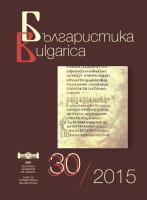
Книги 2014–2015 г.
Selected bibliography in the field of Bulgarian Studies published in 2014-2015
More...We kindly inform you that, as long as the subject affiliation of our 300.000+ articles is in progress, you might get unsufficient or no results on your third level or second level search. In this case, please broaden your search criteria.

Selected bibliography in the field of Bulgarian Studies published in 2014-2015
More...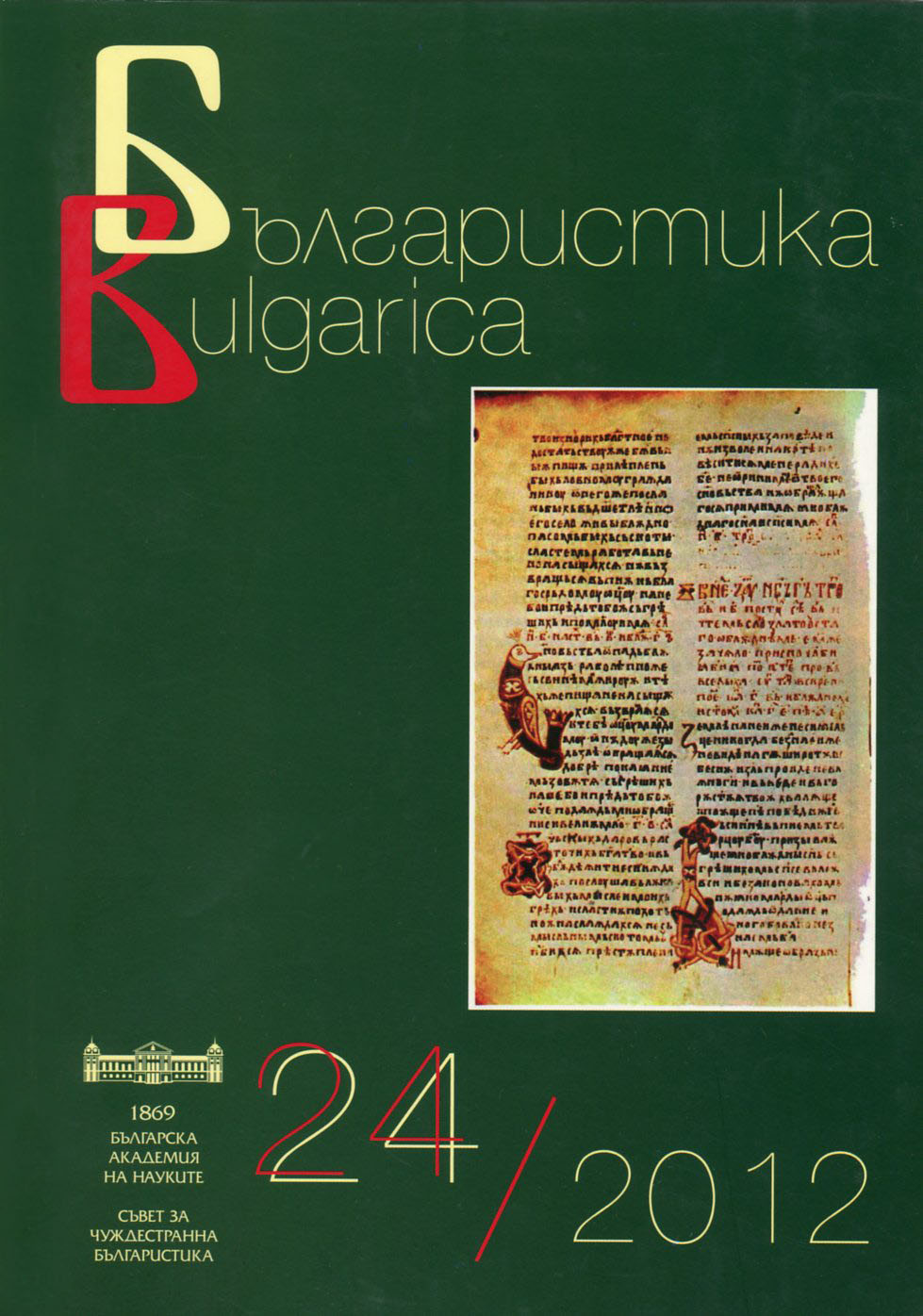
Selected bibliography in the field of Bulgarian Studies published in the current year
More...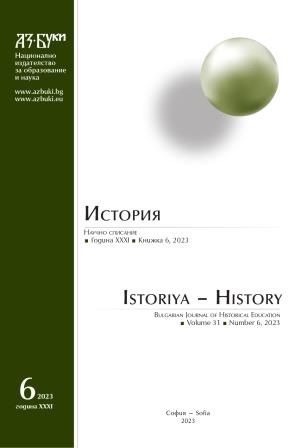
Among the emerging trends in history education in the first decades of the 21st century – strengthening of international cooperation in this field, change in value attitudes and orientations, as well as digitization in history education – the subject of this publication is the first trend. The article examines the activity of EUROCLIO and the International Association for History Didactics, their joint work with various organizations and institutions in the implementation of projects and the creation of history textbooks from the beginning of the XXI century.
More...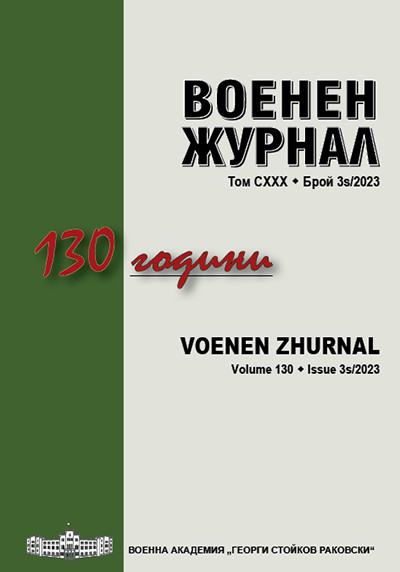


In 1912 – 1913 Bulgaria fought the Balkan Wars. These were wars of national unification fought in territories with Bulgarian population. Therefore, among all the other issues that the representatives of the Bulgarian authorities had to face, they also had to take care of the study and preservation of cultural and historical monuments. This was all the more necessary as these territories were free for the first time and came within the borders of the Bulgarian state. And this would mean that the individual monuments had to be registered, their scientific importance assessed, and measures taken for their preservation. This led to the idea of organizing several scientific expeditions to Thrace, Macedonia and Dobrudja, in which the most eminent Bulgarian scientists were involved. During the wars, Dr. Bogdan Filov was commissioned to lead a scientific mission to Eastern Thrace and Macedonia to uncover, describe and collect archaeological and ethnographic monuments.
More...
The historiography devoted to the Balkan Wars of 1912 – 1913 is considerable in volume. There is hardly any research however regarding the question how such a distant country as the USA “sees” the development of the two military conflicts in the southeastern part of Europe preceding the Firs World War. An excellent basis for putting the topic on the agenda is created by the available documents from the archives of the USA – both published and in digital version. Their inclusion in scientific circulation will not fundamentally change the general knowledge of the Balkan wars, but it will add some interesting touches to it. This is precisely the main, if modest, purpose of this brief paper.
More...
The article examines the actions of the 9th Infantry Pleven Division in the Second Balkan (Inter-Allied) War from the memoirs of Ivan Kovashki, Company sergeant major of the 34th Infantry Troyan Regiment. These memories are a valuable source for the actions of the division as well as his 34th Regiment. The memoirs provide first-person information not only about the course of hostilities, but also about some fateful moments related to the soldiers’ mutinies in the division, saving the regiment’s flag, and relationships between officers and soldiers. A comparison is made between the facts transmitted through personal memories and the official (archival) documents of the division: relations, operational orders, reports, etc. The goal is to clarify in the most accurate and historically accurate way the reasons that led to the disbandment of the division, as well as to emphasize the heroism of its ranks who remained loyal to their oath to the King and the Fatherland.
More...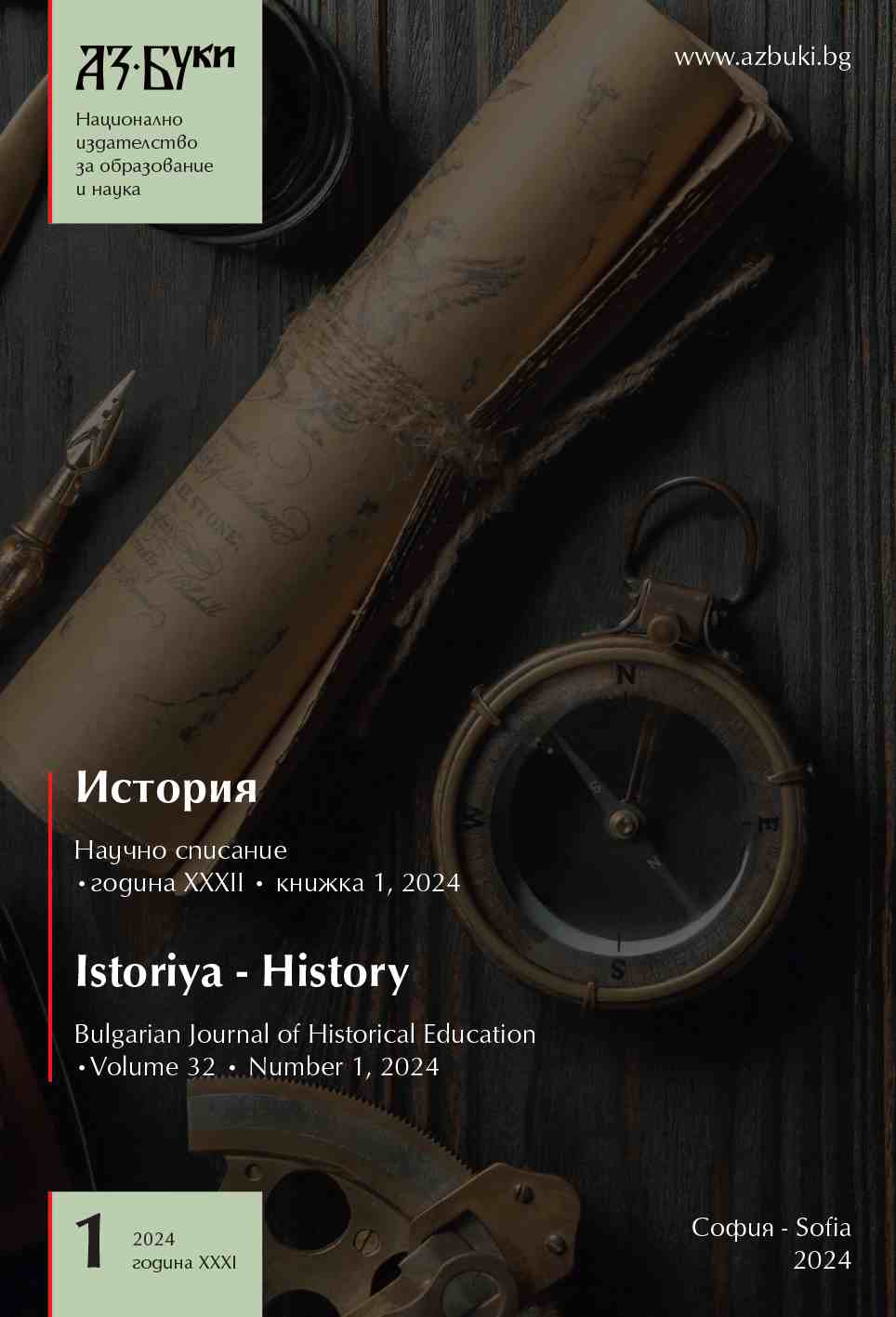
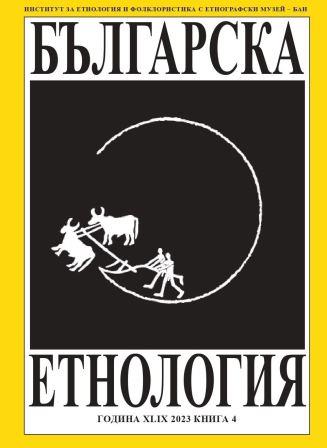
The present study focuses on the relationship of the Bulgarians in Bessarabia with Bulgaria. These relations of the Diaspora with the metropolis are examined in the text through the prism of a museum object: a Gospel from the collection of the Regional Archaeological Museum – Plovdiv. The authors focus the analysis on museology as a methodology. Some approaches to the study and interpretation of the facts from Bulgarian and foreign authors with extensive experience in the study of museum objects and collections are also examined. In general, the study offers a detailed analysis of the informational potential of a museum object in order to trace the relationship of the Bulgarians from the village of Banovka in Bessarabia (today located in Odesa Region – Ukraine) with their compatriots in the village of Chehlare, Plovdiv region during the second half of the 19th and the beginning of the 21st century.
More...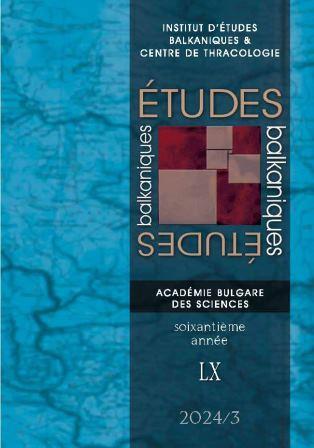
The article focuses on imperial policies towards provincial elites in the Balkans and Asia Minor in three major empires which succeeded one another, namely the Roman, the Byzantine, and the Ottoman. Provincial elites were important for imperial power as intermediaries between local communities and central authorities. Our article adopts a political and institutional approach, and focuses on provincial elites as agents who were given formal or informal shares in the mechanisms and hierarchies through which empires were governed. Following surveys of imperial policies towards provincial elites in the three polities, it argues that, unlike the concept of empire which can be universal, imperial systems of government are neither uniform nor static, and depend on such factors as state ideology, historical circumstances, and political and economic exigencies. Ultimately, our article demonstrates how structural differences in the very conception of imperial governance and ideology resulted in differentiated policies towards provincial elites.
More...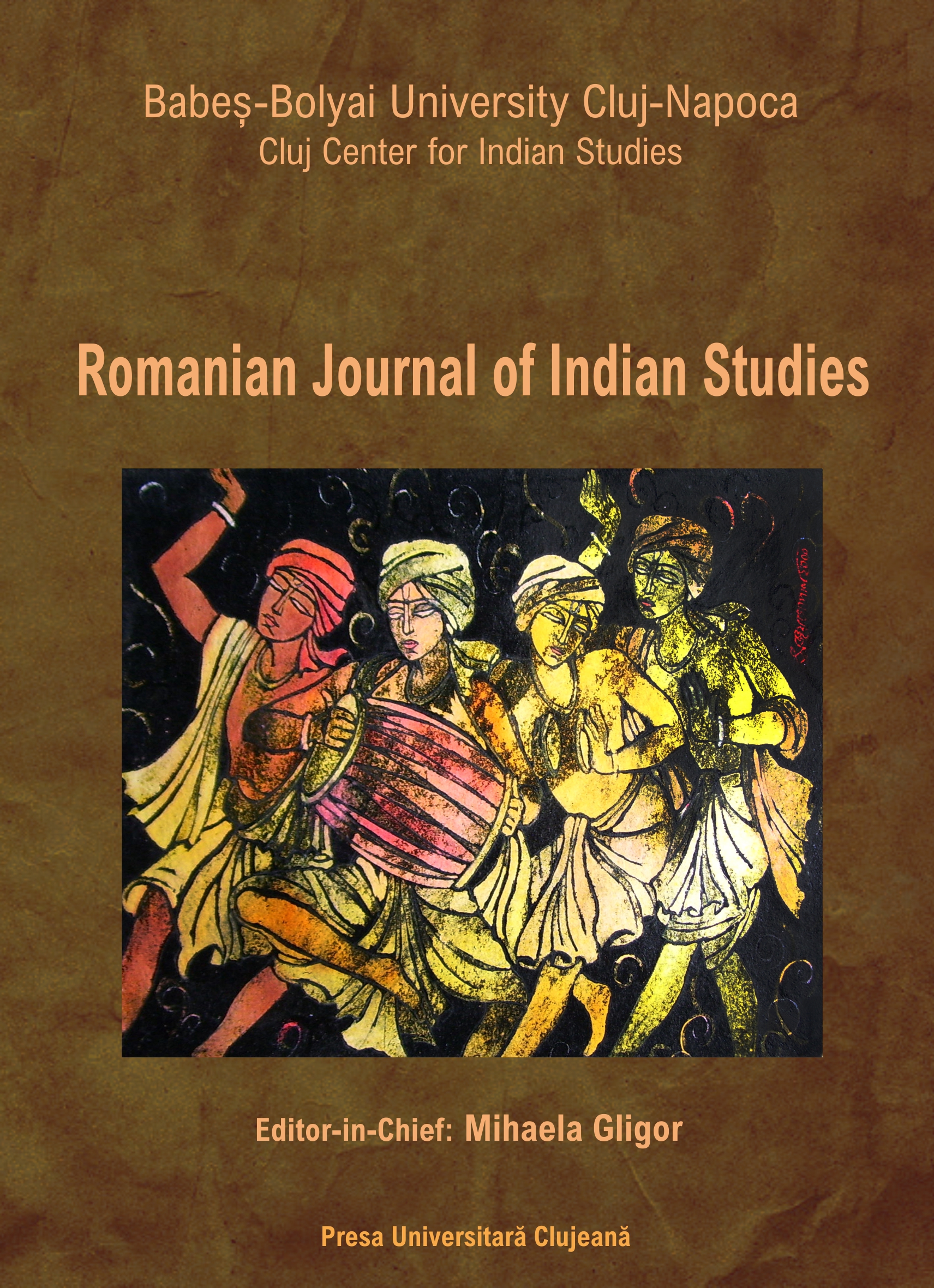
This article delves into the vital yet marginalized labor of Mehtars and other sanitation workers in colonial Calcutta, who were responsible for the manual removal of night-soil. These workers, designated as “untouchables” and subjected to deep social stigmatization, played a crucial role in maintaining urban hygiene in a rapidly growing colonial city. Initially, their labor was performed under the cover of night, but as public health concerns grew, sanitation tasks were shifted to daylight hours. This change brought the Mehtars into public view, forcing the Calcutta Municipal Corporation to reconcile their indispensable labor with the rigid caste-based social hierarchy. This article examines the intersection of caste, labor, and municipal sanitation reforms, exploring how sanitation workers navigated these dual pressures of being both essential and stigmatized. The analysis contributes to the social history of labor in colonial India, shedding light on one of the most marginalized sectors of the urban workforce.
More...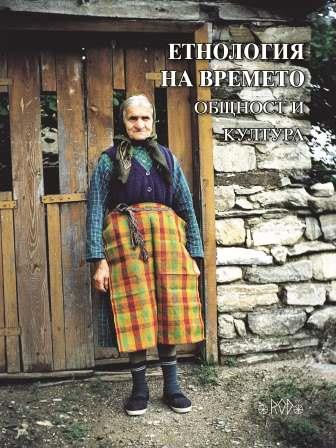
This text analyzes – from ethnological viewpoint – a relatively short period of the history of Bulgarian ethnos, and in particular of the citizens of the town of Samokov and Samokov region. This is the period between the end of Kurdzhali genocide and (the second decade of the nineteenth century) and the Liberation of Bulgaria through the Russian – Turkish War in 1877–1878. This was the period (about half of a century) when the the Bulgarian folk religiosity was developed in a form in which it was recorded in the twentieth century. The author discusses the following characteristics of the local religiosity: The Theotokos (Virgin Mary) rules “the town of the alive,” while St. Nicolas of Myra rules “the town of the dead.”In local churches, the icon of the patron of the church is placed on the iconostasis on the right side of the icon of Jesus Christ and not on the left side of the Theotokos in contrast to the usual arrangement of the icons on the iconostasis.An important element of the celebration of Easter is that the believers visit the cemeteries immediately after the priest announces, “Christ is Risen!” The grouping of the patrons of the churches in Samokov ethnoregion is clearly expressed.
More...
According to the definition by ICOM, „A museum is a not-for-profit, permanent institution in the service of society that researches, collects, conserves, interprets and exhibits tangible and intangible heritage. Open to the public, accessible and inclusive, museums foster diversity and sustainability. They operate and communicate ethically, professionally and with the participation of communities, offering varied experiences for education, enjoyment, reflection and knowledge sharing.“ (https://icom. museum/en/resources/standards-guidelines/museum-definition/) At first glance, the museums in Bulgaria, and correspondingly those in Southwestern Bulgaria, adhere to the definition provided by ICOM. They are non-profit institutions and engage in research, collection, preservation, interpretation, and presentation of tangible and intangible heritage. However, upon closer examination and precise analysis of their structure and operations, we would have to classify museums as serving administrative bodies rather than serving society. According to Article 25, paragraph 3 of Regulation No. N-00-0001 of February 14, 2011, concerning field archaeological research, public access to archaeological documentation is severely limited, and comprehensive access to the full range of archaeological materials is practically impossible. In practice, visitors have access to minimal artifacts and information, which need to be improved to create a fundamental understanding of the respective archaeological culture, settlement, or structure. There are no annual, medium-term, or long-term plans for archaeological, ethnographic, historical, interdisciplinary, or exhibition development. There is no strategy for restoration and conservation. Practically no activity is conducted regarding intangible cultural heritage. The closure of museums in Southwestern Bulgaria within municipal administrations and their limited resources restricts public interest in museums and their capabilities. In order to compensate for this, as well as to be attractive to society, museums shift from presenting culture to presenting shows. Instead of authenticity, reconstruction, a product of the subjective views of specific researchers, is exhibited. The article directs the attention of museums and their activities towards the needs and resources of society. If museums have real, not fictitious, communication with society and scientific communities, they will achieve sustainability and a real presence in cultural life.
More...
In 2011, the author noticed in the city of Russe four cast-iron pillars abandoned in a small garden. After 2012, they disappeared. The pillars are believed to have been manufactured by the Austrian company Waagner & Biro and transported to Russe in the late 19th or early 20th century. They are part of the modernization process of Ruse after the Liberation from Ottoman rule. The article describes and analyzes this artifact in order to preserve the information about it as a part of the cultural history of Russe. The author proposes several hypotheses about the nature and the purpose of the pillars.
More...
The Bulgarian photographer and researcher, Petar Boev, was appointed as the leader of the first journalistic delegation that visited Vardarska Macedonia from June 8th to June 16th, 1942. The delegation visited dozens of towns, capturing moments of the lives of Bulgarians in Vardarska Macedonia. He took over 100 photographs, which are diligently arranged in an album from Petar Boev’s personal archive. The album was entirely designed by Petar Boev, with beautifully written texts. In addition to the texts, a detailed map of the visited places during the journey was drawn. These photographs, besides being exquisite photographic specimens, hold historical and ethnographic significance. They serve as evidence of the authentic way of life of Bulgarians from the Macedonian folklore region, which remained characteristic until the middle of the 20th century. Petar Boev was a prominent figure active in various spheres of Bulgarian cultural life in the 20th century.
More...
Colours are one of the most important signs and symbolic systems in Antiquity. They reflect a certain cosmic symbolism, manifested as deities in various cosmogonies. They are present, always and everywhere, at the core of the symbolic models, and can be examined from both a semantic and a semiotic perspective. The eschatological significance of the red colour in Thracian culture as well as other ancient societies, i.e. the transition from one space to another, is saturated with signs and symbols. According to ancient treatises related to the making of colours and pigments in ancient Greece during the Hellenistic period, ochre was the most commonly used red pigment. The colour reconstruction of cultural values approximates their authentic appearance and is a scholarly contribution to examine and preserving Bulgarian cultural heritage. Research conducted in 2023 on stelae from Apollonia Pontica necropolis proved the use of red ochre in their inscriptions. The findings of the study confirmed that the verification and valorisation of the cultural-historical heritage of Thracian civilization, particularly in terms of painted decoration, are a necessary consequence of in-depth and targeted comprehensive expertise.
More...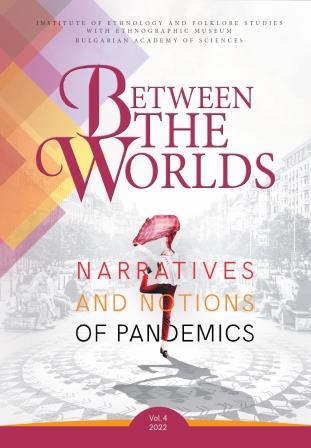
Conspiracy thinking has always been part of our lives, but nowadays, it is almost the default way of understanding the world. When the disease associated with the Severe Acute Respiratory Syndrome Coronavirus 2 (SARS CoV-2) emerged, causes and culprits were sought and found wherever the public imagination perceived a concentration of power and resources. Conspiracy theories about the virus’s origin as a bioweapon, the 5G technology connection, the ongoing plans of a New World Order, or Bill Gates’s scheme to microchip everyone with the COVID-19 vaccines became extremely popular around the globe. The paper discusses the conspiracy ideas and notions of the COVID-19 pandemic on Bulgarian social media, where they circulate in interactive conversational contexts via verbal texts, shared links, or images. It focuses on the local reception and interpretation of globally spread conspiracy narratives and their use to articulate underlying political, social, or public healthcare problems. The Facebook discussions examined here – respectively expressing COVID-19 scepticism (from April 2020) and COVID-19 vaccines/vaccination criticism (from April 2021) – are interpreted as discourses of distrust and perceived corruption in at least three major public spheres: the professional media, the political establishment, and the healthcare system.
More...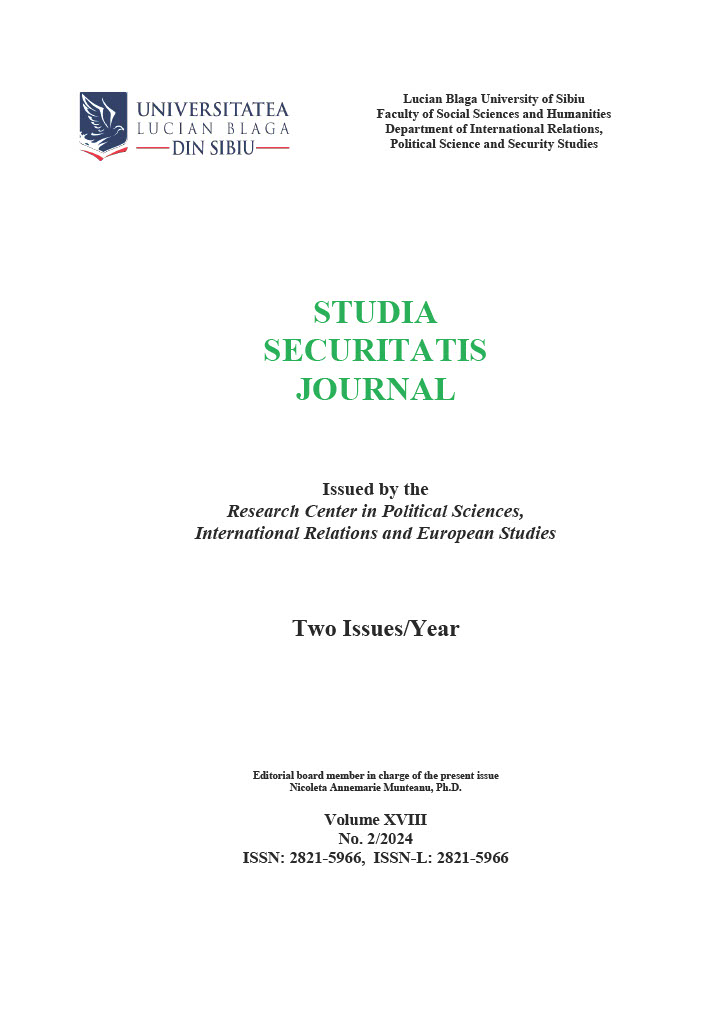
Strategic narratives are descriptions and interpretations of events of the world from the perspective of agents in international relations. They offer a justification for the agent’s actions and ambitions and ensure cohesion and support within the agent’s community. The article shortly summarises major changes caused by modern technology in the formation and projection of strategic narratives, then discusses reception in detail. In the investigation of strategic narratives, projection got into the focus at the beginning of the digital age and only recently has attention turned towards reception, that is, impact on society. The theoretical background of societal security originating from the Copenhagen School allows an overview of the vulnerabilities of modern communities to disinformation, also highlighting the trans-sectoral nature of the threats. The conclusion of the paper is that modern liberal democracies are at a disadvantage in developing protection against disinformation because of their fundamental values. The privatization of media outlets was welcomed a few decades ago and the concentration of media ownership was not deemed dangerous. However, if media is securitized, the increase of control may be necessary, otherwise maintaining cohesion through one’s own strategic narrative and blocking rival strategic narrative may become impossible.
More...
This case study, embedded in the theoretical framework of medical populism, investigates how the TVP Info news portal, a public media entity controlled by the ruling party, strategically employed medical populism to cultivate a political community and concurrently legitimize Polish governmental actions amid the COVID-19 pandemic. The research relies on a source analysis of a population of news articles about the pandemic disseminated on TVP Info. The timeframe captures the pandemic during a transition from stringent pandemic measures to a period of eased restrictions, reduced infection rates, and a perceptible shift in focus towards the unfolding war in Ukraine. The study aims to unpack dimensions of medical populism existing in the narratives throughout this critical period. The analysis reveals the strategic deployment of dramatization, common-sense solutions, expertise invocation, and the dichotomy of “us” versus “them”. It underscores the media’s actions to shape public perception and consolidate support for the government’s response to the pandemic. The conclusions drawn from this analysis contribute to enriching the understanding of how medical populism was wielded as a tool for community-building and justification of government actions during a pivotal juncture in recent history of civil disorder.
More...